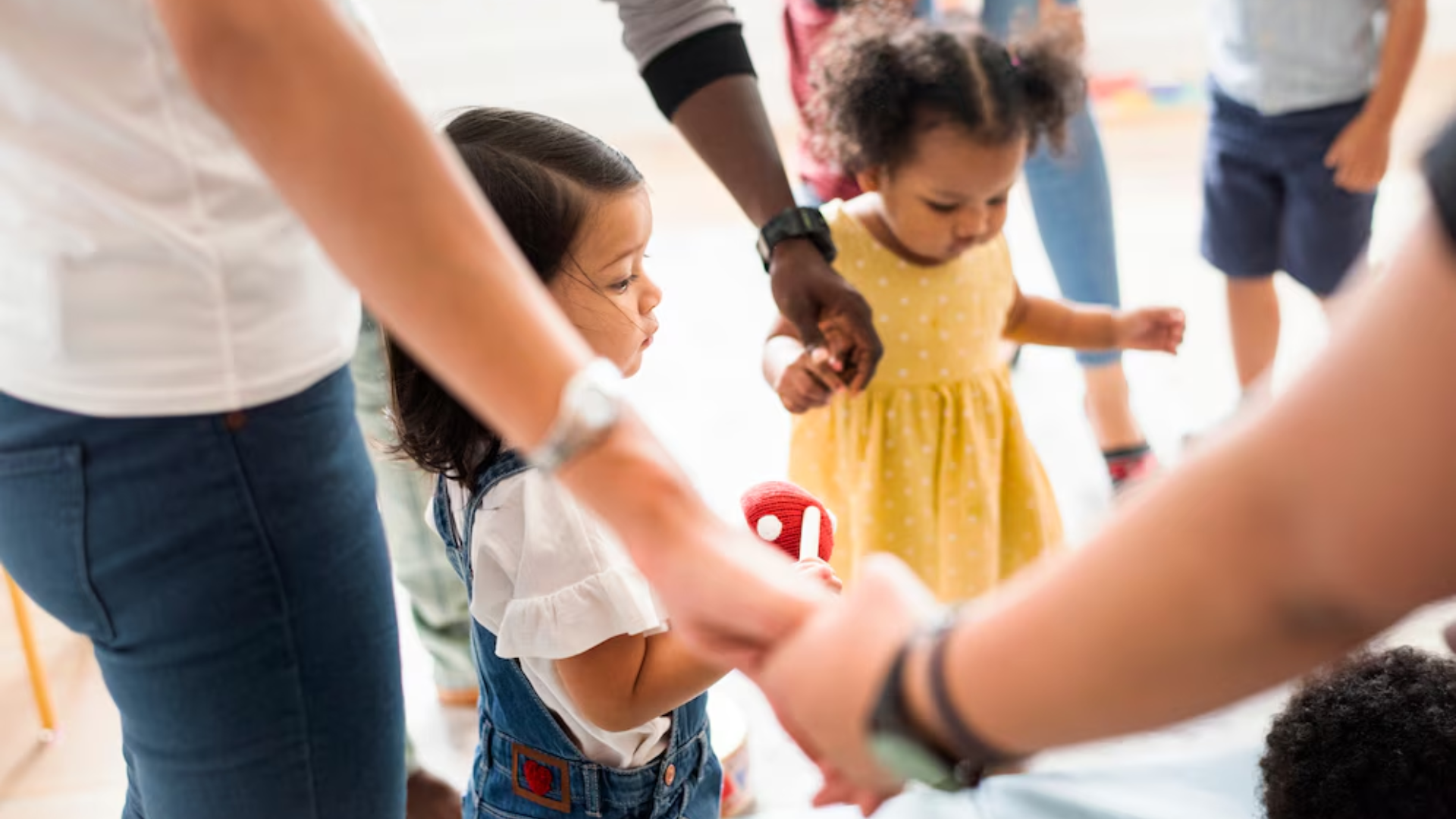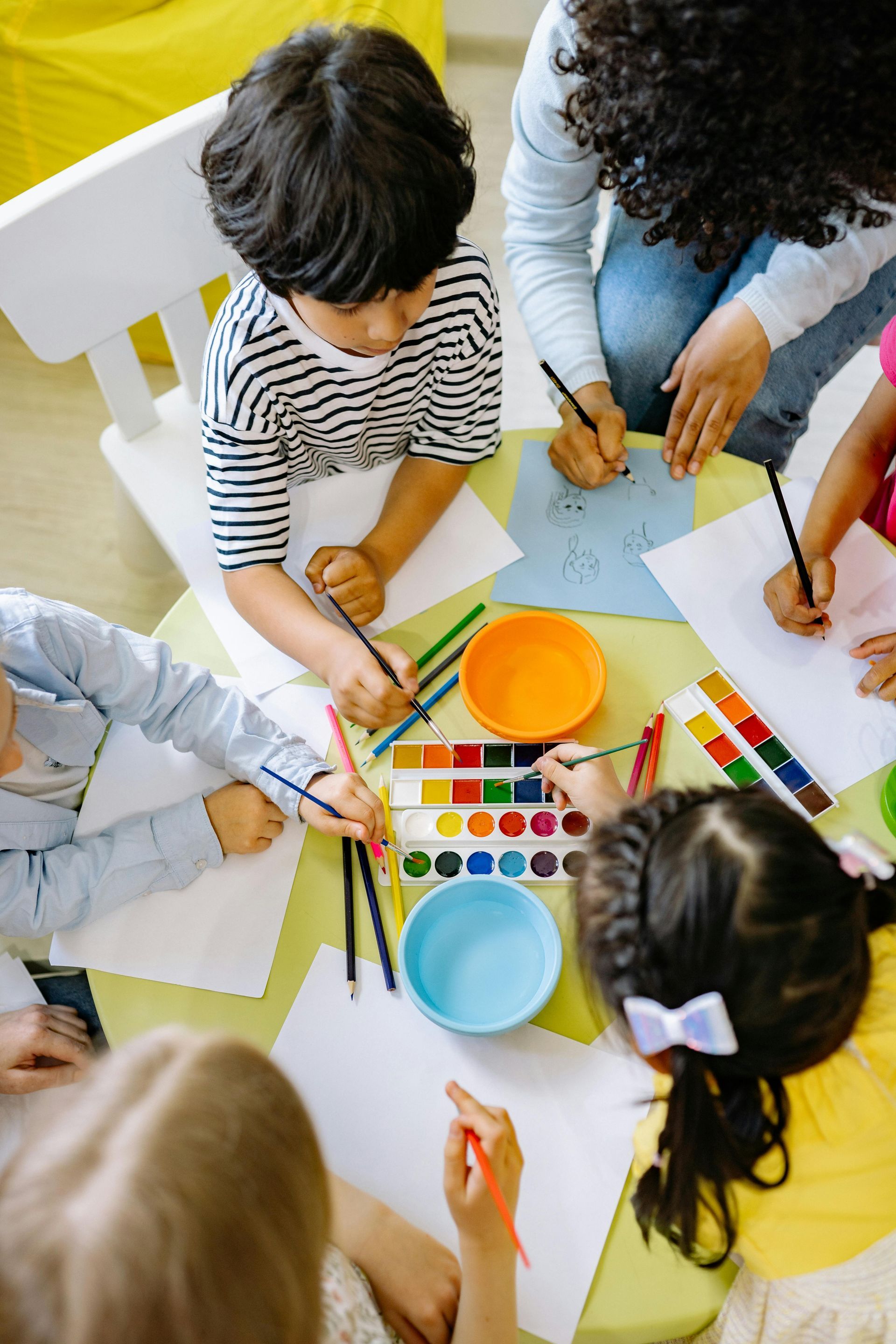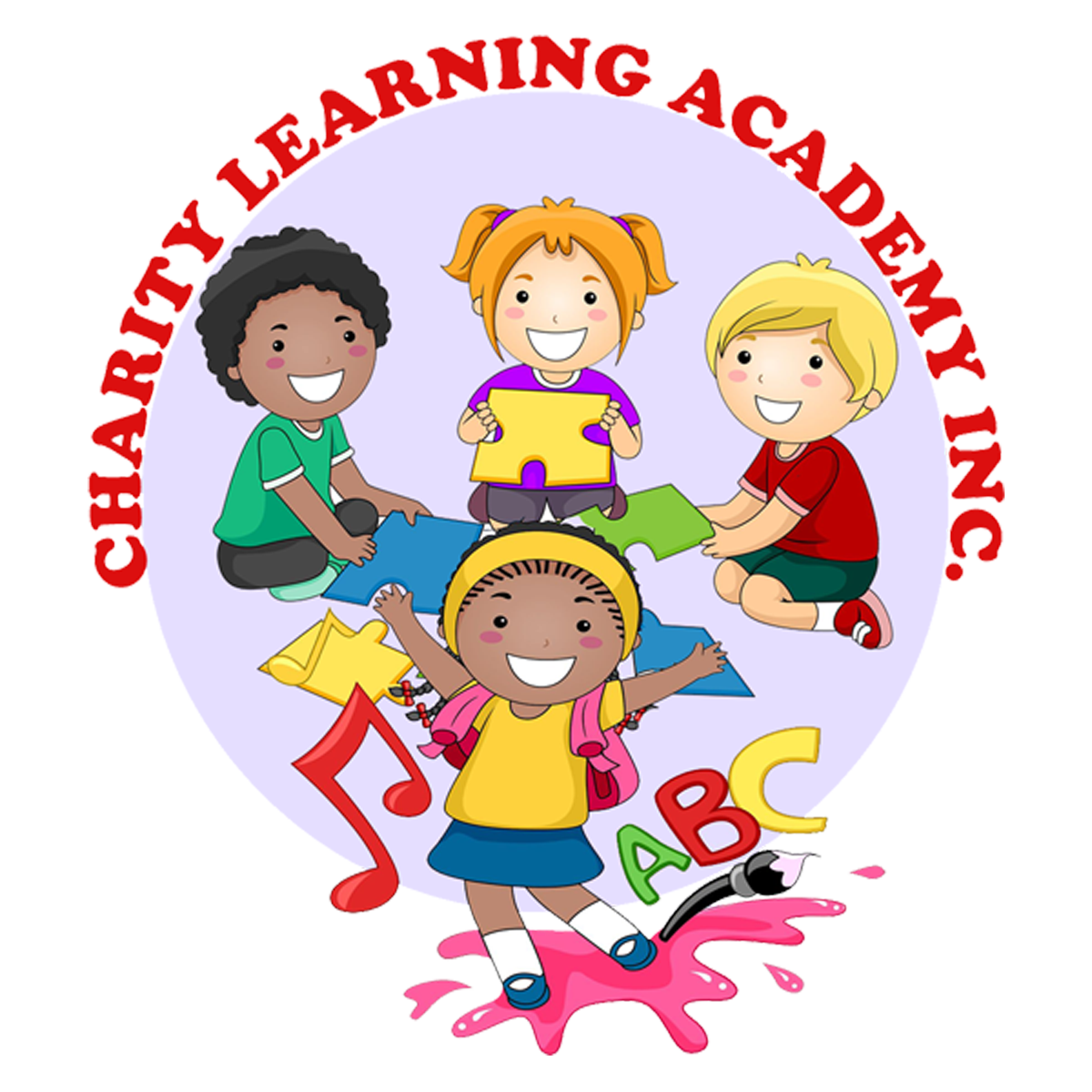How Our Preschool Programs Promote Independence and Confidence

Early childhood is a crucial time for developing independence and confidence, two essential qualities that help children succeed both in school and in life. At our preschool, we recognize that promoting these traits from the beginning lays the foundation for future academic success, social well-being, and emotional growth. Our programs are carefully designed to foster a sense of independence in children while simultaneously nurturing their self-confidence. By creating an environment where children feel empowered to make choices, take initiative, and express themselves, we encourage them to develop the skills they need to become capable and self-assured individuals.
In this article, we’ll explore how our preschool programs help children build independence and confidence through a variety of age-appropriate activities, interactions, and supportive strategies that focus on emotional growth, social development, and personal responsibility.
Encouraging Independent Thinking
One of the most important ways our preschool programs promote independence is by encouraging children to think for themselves. From the moment they walk through our doors, children are given the opportunity to make choices and decisions about their daily activities. Whether it's deciding which book to read, what to play with, or even which tasks to complete first, children are empowered to take ownership of their learning experiences.
This autonomy allows them to feel in control of their actions and decisions, which is vital for building confidence. As children begin to make choices, they also learn to take responsibility for their actions. They understand that their decisions have consequences, both positive and negative, which helps them develop a sense of accountability. Over time, this practice strengthens their ability to think critically and make informed decisions, both of which contribute to their growing independence.
Fostering Problem-Solving Skills
Our preschool programs also focus on developing problem-solving skills, which are closely tied to both independence and confidence. By presenting children with age-appropriate challenges and tasks, we encourage them to think creatively and find solutions on their own. Whether it's solving a puzzle, figuring out how to build a structure with blocks, or resolving a conflict with a peer, children are guided to take the initiative in finding solutions.
Teachers provide support when needed, but they also encourage children to try different approaches and think through problems independently. This process of trial and error builds resilience and the understanding that challenges can be overcome through effort and persistence. The more children experience success in solving problems on their own, the more confident they become in their abilities.
Promoting Self-Expression and Communication
Confidence often stems from feeling heard and understood. At our preschool, we prioritize self-expression and communication as key components of building confidence. Children are encouraged to share their thoughts, feelings, and ideas in both structured and unstructured settings. This could include engaging in group discussions, participating in show-and-tell activities, or simply having one-on-one conversations with teachers.
By fostering an environment where children feel comfortable expressing themselves, we help them develop a sense of self-worth. When children feel confident in their ability to communicate, they are more likely to speak up, share their ideas, and contribute to group activities. These experiences promote a sense of autonomy, as children learn to advocate for themselves and make their voices heard in a supportive, nurturing environment.
Building Social Skills and Independence in Group Settings
While developing independence is important, it’s also essential for children to learn how to interact and collaborate with others. Our preschool programs emphasize social skills as an integral part of the curriculum. Children are given opportunities to work with peers, whether in group activities, playtime, or team-building exercises. This helps them develop important social skills like sharing, taking turns, compromising, and collaborating.
By practicing these skills in a group setting, children not only gain confidence in their ability to interact with others but also learn to respect the independence of their peers. They develop an understanding that their actions and decisions can impact others, fostering empathy and a sense of community. At the same time, they learn how to advocate for themselves in social situations, further promoting their sense of independence.
Nurturing Emotional Growth and Self-Regulation
Emotional development is closely linked to both independence and confidence. Our preschool programs help children develop emotional intelligence by teaching them how to recognize and express their emotions in healthy ways. We provide opportunities for children to discuss how they are feeling and offer strategies for managing difficult emotions like frustration, anger, or sadness.
By learning emotional regulation, children become more confident in their ability to manage their emotions independently. They also learn how to cope with challenges in a constructive manner, which further strengthens their sense of self-assurance. When children feel secure in their ability to manage their emotions, they are better equipped to take on new challenges and face obstacles with resilience.
Encouraging Responsibility and Routine
Routine and structure are important elements of our preschool programs, as they help children feel secure and confident in their daily lives. Children are taught to take responsibility for small tasks and chores, such as putting away toys, cleaning up after meals, or organizing their materials for the day. These tasks promote a sense of accomplishment and help children develop the skills they need to manage their personal responsibilities.
As children learn to complete tasks independently, they begin to feel more capable and confident in their abilities. They understand that they can contribute to the group and take ownership of their environment. This sense of responsibility fosters self-esteem and gives children the confidence to take on bigger challenges in the future.
Providing Supportive and Encouraging Teachers
The role of teachers in promoting independence and confidence cannot be overstated. Our preschool educators are dedicated to creating a supportive, nurturing environment where every child feels valued and respected. They provide encouragement and positive reinforcement, recognizing each child’s individual strengths and progress. Teachers are attentive to the emotional needs of children, offering comfort and guidance when necessary, while also allowing children the freedom to explore and learn on their own.
By offering a balanced approach of support and independence, our teachers create an environment where children feel confident in their abilities and empowered to take initiative. This fosters a sense of trust and security, which is essential for promoting independence and confidence in young children.
Cultivating Leadership Skills
Leadership is a natural extension of independence and confidence. At our preschool, we encourage children to take on leadership roles within the classroom. Whether it’s leading a group activity, helping younger children with tasks, or being the line leader during transitions, children are given opportunities to practice leadership skills in a safe, supportive environment.
These experiences help children build a sense of pride and accomplishment, as they take on responsibilities and lead by example. They learn how to motivate and guide others, which fosters a strong sense of self-worth. As children experience the positive outcomes of their leadership efforts, their confidence grows, and they develop the belief that they can make a positive impact on their community.
Our post on what to expect from our infant care and early learning programs highlights the essential elements of quality childcare, which ties in seamlessly with the discussion on why quality childcare makes a difference in your child's development, underscoring the significant impact of a supportive, enriching environment on a child's growth.
Conclusion
At our preschool, promoting independence and confidence is at the heart of our educational philosophy. We recognize that these qualities are essential for success in both academic and social settings, and we are committed to creating an environment where children feel empowered to take charge of their learning, express themselves, and develop the skills they need to thrive.
By encouraging independent thinking, fostering problem-solving abilities, promoting self-expression, and nurturing emotional and social growth, we help children build a strong foundation for their future success. Through our carefully designed programs, children develop not only the academic skills they need but also the confidence and independence that will serve them throughout their lives.










